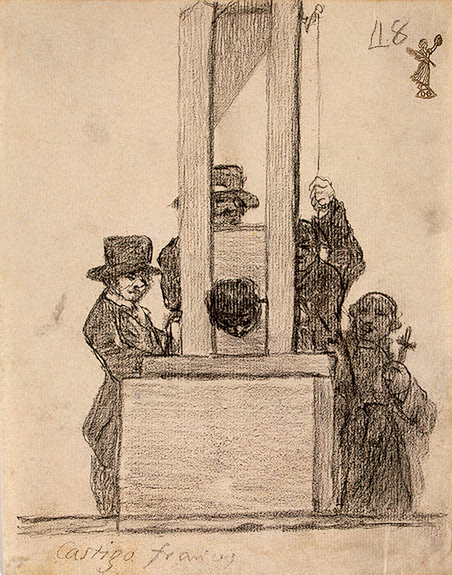If we are on a slippery slope to barbarism, it started earlier than the 1967 Abortion Act. It can be traced back at least to the 14th-century Oxford philosopher William of Ockham, and to other nominalist and voluntarist philosophers of the Middle Ages. Abortion is a social justice issue, and a moral issue, but more than that, it is an ontological and epistemological one. What is a "person", and what is a "right"? Modern dilemmas over abortion stem from the widespread assumption – derived from these philosophers – that the word "person" is merely a label that we choose to apply to some group of individuals we choose to relate to as equals. It does not, that is, have a deeper
Showing posts with label abortion. Show all posts
Showing posts with label abortion. Show all posts
Saturday, 3 March 2012
"After-birth abortion"
If we are on a slippery slope to barbarism, it started earlier than the 1967 Abortion Act. It can be traced back at least to the 14th-century Oxford philosopher William of Ockham, and to other nominalist and voluntarist philosophers of the Middle Ages. Abortion is a social justice issue, and a moral issue, but more than that, it is an ontological and epistemological one. What is a "person", and what is a "right"? Modern dilemmas over abortion stem from the widespread assumption – derived from these philosophers – that the word "person" is merely a label that we choose to apply to some group of individuals we choose to relate to as equals. It does not, that is, have a deeper
Sunday, 14 November 2010
The secret of life
 |
| Goya, "The French Penalty", c. 1824 |
Yet the pressures towards both cannot be overestimated. As we have seen with recent changes in sexual ethics, without a firm understanding of why these things are wrong, they soon become socially acceptable and then commonplace. Chesterton once joked that one might overcome the need for birth control by letting all the babies be born and then killing those one didn't like. He was attempting a reductio ad absurdum, but today influential philosophers are advocating infanticide in all seriousness.
So, what is intrinsically wrong with abortion and the "mercy killing" of human beings? We cannot understand this without some appreciation of the notion
Labels:
abortion,
euthanasia,
existence of God,
right to life,
the soul
Subscribe to:
Posts (Atom)
